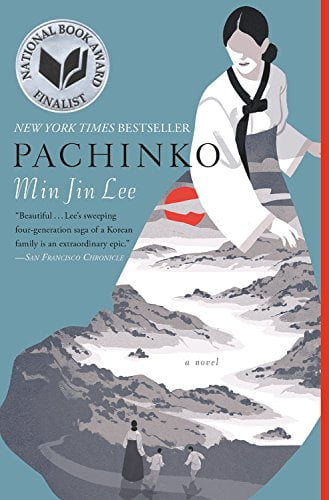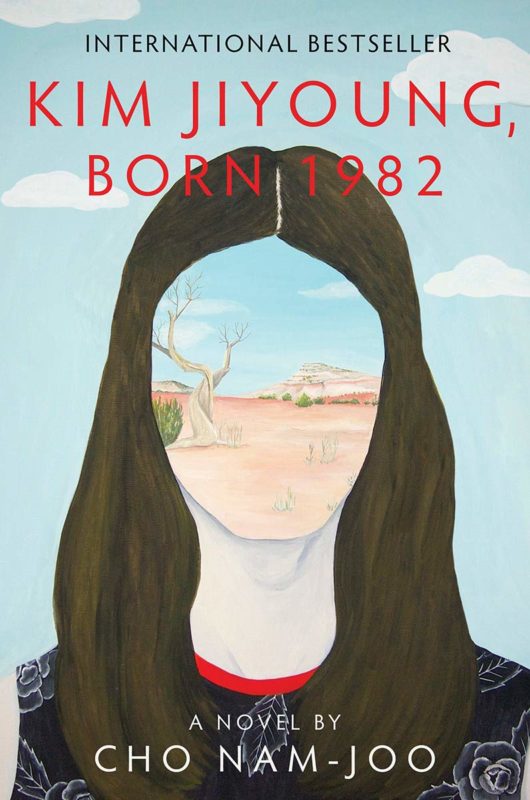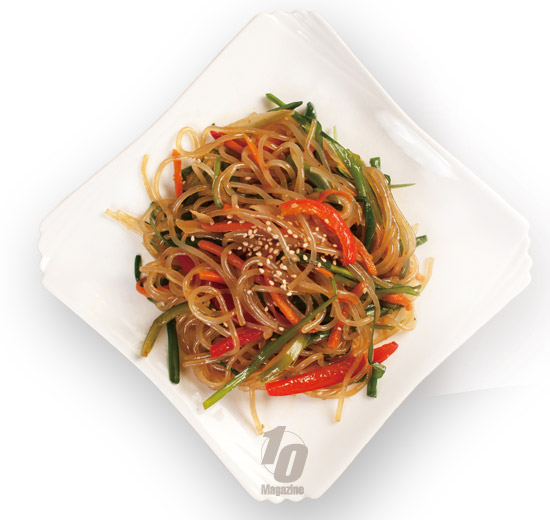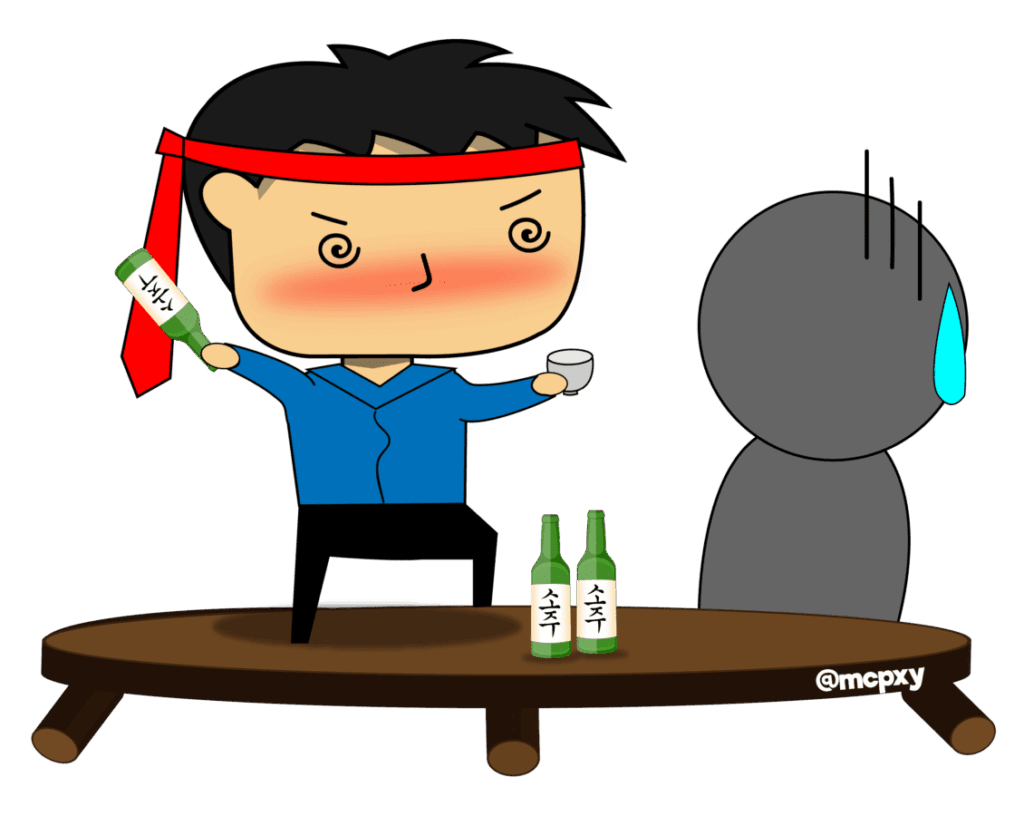Here are eight brilliant Korean novels to engross yourself in during this prolonged period of social distancing. The list includes novels and short stories, some of which have been translated from Korean to English, and others that were originally written in English. All focus on different issues in Korean culture, history, and society — which one will you dive into first?
List of Korean Novels
Pachinko by Min Jin Lee

Sunja lives on an island called Yeongdo in Busan with her crippled father. After she meets and falls in love with a wealthy older man, the course of her life is jolted in a direction she could have never imagined. Pachinko follows the life of Sunja and her family through generations and across borders, from poverty to financial prosperity in an epic tale of hardship and perseverance.
Min Jin Lee gives a voice to those who have been left out of history books and encourages the reader to consider issues of race, class, and gender, not only in South Korean history, but in a global context; this is a beautiful and eye-opening novel.
The Vegetarian by Han Kang (translated by Deborah Smith)

The Vegetarian takes place in modern day Seoul, following Yeong-hye after she has a disturbing nightmare and decides to become a vegetarian. Her behavior becomes erratic, unusual, and incredibly transgressive, to the horror of her family and colleagues.
The novel won the Man Booker Prize in 2016 and has been translated into 13 languages. Han Kang’s story continues to attract and shock readers for her unflinching depiction of human cruelty — to animals, to ourselves, and to our communities.
The Calligrapher’s Daughter by Eugenia Kim

Set during the Japanese occupation of Korea, this novel follows the life of Najin, a calligrapher’s daughter, who seeks more than the traditional life her father sets out for her. Najin’s turbulent journey of love, education, and family disputes mirrors the changing atmosphere in Korea from the early twentieth century into modern times.
The Calligrapher’s Daughter is a moving story of a girl who is torn between the expectations of family, her desire for education, and unexpected love. The novel spans 30 years of Korean history, providing the reader with a greater understanding of the historical context and how it impacted the lives of individuals.
Kim Jiyoung, Born 1982 by Cho Nam-joo (translated by Jamie Chang)

Cho Nam-joo’s 2016 novel soared in popularity after it was adapted for screens last year. Both the novel and film were highly controversial as they document the sexist and oppressive atmosphere many South Korean women live in.
After Jiyoung starts taking on the personas of other women in her life, she goes to a psychiatrist who delves into her past, and the struggles she has faced because of her gender. The relentless discrimination Jiyoung faces has ignited a fire for many feminists in Korea.
Please Look After Mom by Kyung-sook Shin (translated by Chi-young Kim)

What happens when an aging mother gets lost in a busy subway station and seems to vanish without a trace? On the quest to find their missing mother, her family discover much more than they could have imagined. Please Look After Mom forces the reader to consider how well we actually know the people who are closest to us.
Told from the perspective of four different narrators, the novel explores Korean family traditions, familial duties, and the selflessness of motherhood. This is a heartfelt and touching story with lots of twists and turns on the way to finding the family’s missing mother.
Fox Girl by Nora Okja Keller

Hyun Jin and Sookie are best friends growing up in the aftermath of the Korean War. However, their childhood is out of the ordinary — they live in America Town, just outside a military base, where prostitution, child exploitation, and abuse are commonplace.
Fox Girl offers an appalling insight into the atrocities that were committed against comfort women during and following the Korean War. This novel is certainly not for the faint-hearted, but it is an important read nonetheless.
Drifting House by Krys Lee

This collection of short stories by Krys Lee explores themes of national identity, family, and romantic relationships, all of which are underpinned by periods of political and economic hardships in Korean history.
The stories take the reader from South Korea, across the border to North Korea, and over the Pacific Ocean to North America. Krys Lee delves into the lives of Korean migrants and the impact that issues of identity can have on people and their relationships.
Human Acts by Han Kang (translated by Deborah Smith)

The second novel by Han Kang on this list is Human Acts — the story of the 1980 Gwangju Uprising. The uprising resulted in the massacre of hundreds, and is seen to be the beginning of the democratic movement in South Korea.
There are a number of different narrative voices in Human Acts, all of whom have been deeply affected by the uprisings. This harrowing book illuminates a key historical event in South Korean history and the effect it had upon its civilians.
If you found this article helpful, leave a comment below and let us know your favorites and recommendations! You can also check out our article on “15 Korean Webtoons Everyone Should Read“.











3 comments
Derek Wilson
Hey so no recommended books written by male authors? I hope that doesn’t sound chauvinistic. I enjoyed reading several of the books above, but curious whether there are recommendations of any books written by men.
missliterature
Thank you for this great list! I also highly recommend Island of Sea Women by Lisa See, a novel about the Jeju women divers 🙂
Sophie
Ooh I can’t wait to read these! I’ve had Kim JiYoung, Born 1982 on my list for awhile and have added the rest, thanks to you!